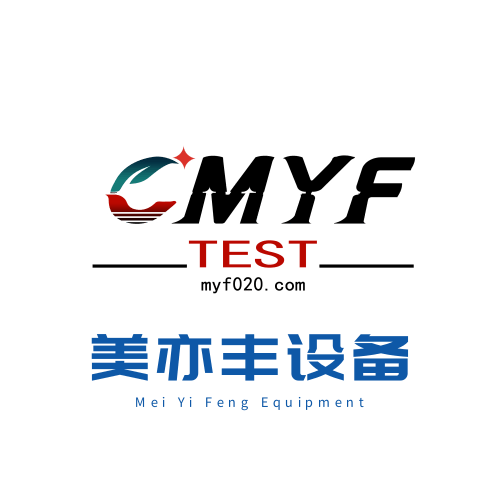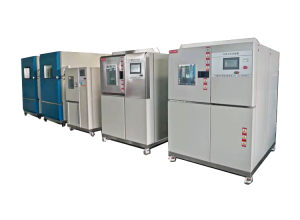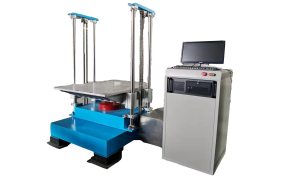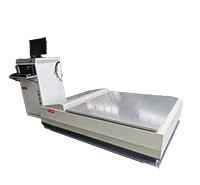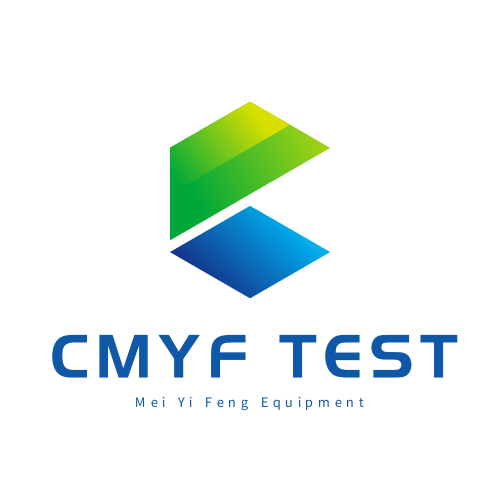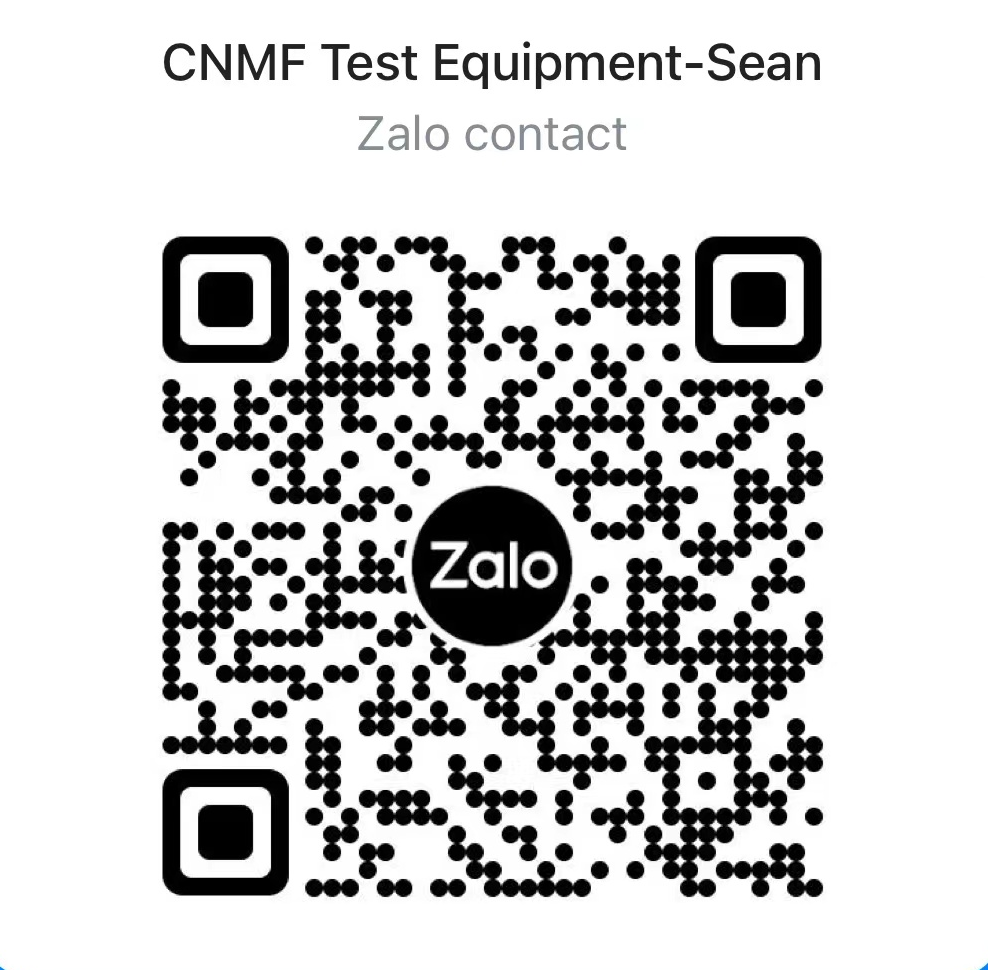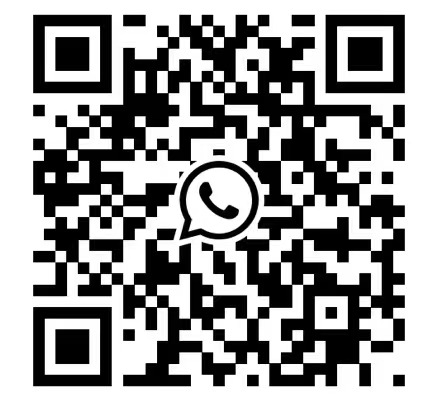The growing demand for quality control (QC) and quality assurance (QA) has created a demand for mechanical testing equipment. Problems such as whether the rubber band will stretch and whether the bridge will collapse due to the weight of the car can be determined by mechanical testing. Certain types of mechanical testing equipment will perform adhesion, compression, fatigue, deflection, ductility, impact, tension, vibration and shear tests to ensure that the tested material can work and perform in an appropriate manner.
Various product types for mechanical testing have been developed, including fatigue testers for fatigue strength measurement; hardness testing equipment; tensile testing machines; compression testers; and more. The premise of the scope of this instrument is to apply changes in stress and strain for quality control and assurance. Friction tester, scratch tester and tribometer are used for performance measurement of static and dynamic friction coefficient, adhesion, surface scratch hardness, viscosity, tensile strength, peel resistance, wear resistance and lubricity. Can provide systems for linear and rotational testing, the configuration includes disk-to-disk, flat ball, disk-to-ball and linear reciprocating motion
Application field
Mechanical testing equipment is used in many fields.
?Material testing, including rubber, ceramics, plastics, metals, etc.
?Biomedical equipment
?construction
?manufacturing
?Automobile industry
?civil Engineering
? and more
